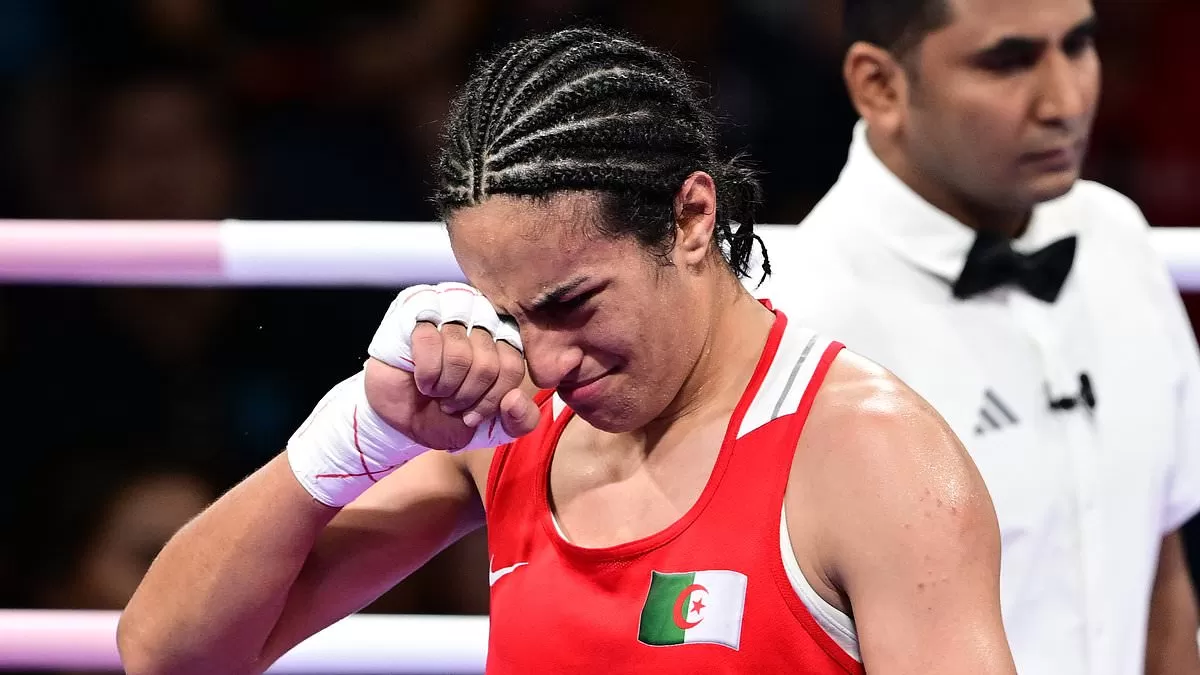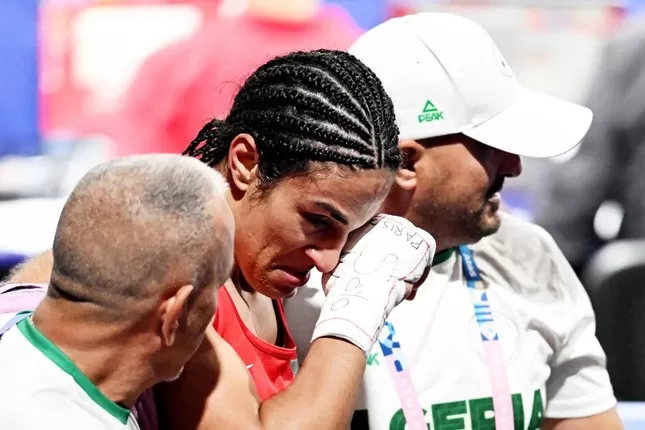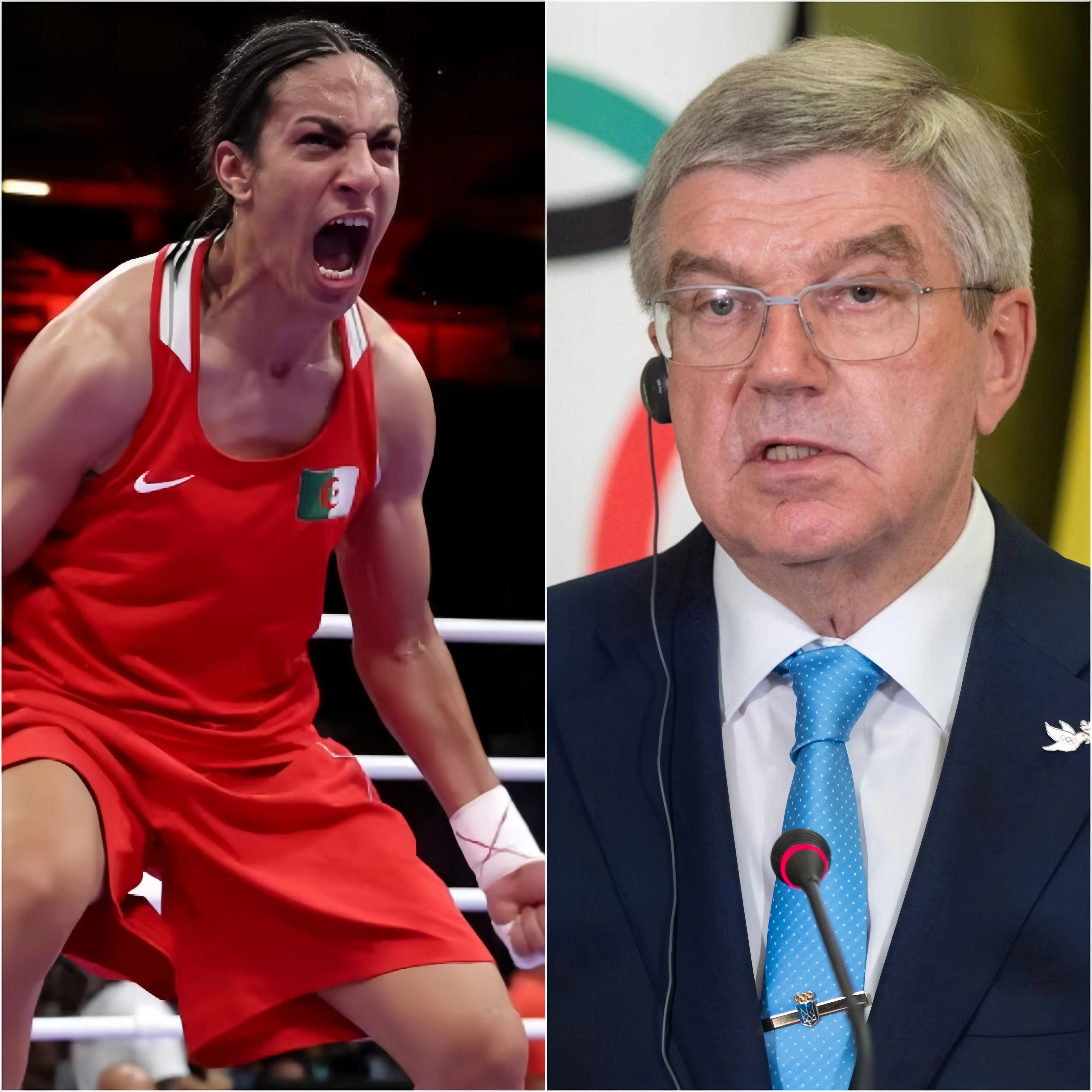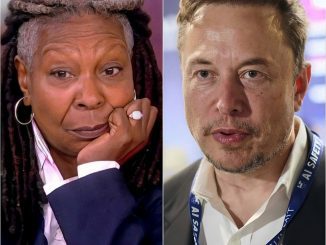The world of sport has been rocked by an unprecedented scandal. Imane Khelif, a world-famous athlete and Olympic gold medallist, has seen her greatest achievements wiped out in an instant. The WBO (World Boxing Organisation) issued a verdict that has left everyone speechless: Khelif has been declared a man, raising questions about her eligibility to compete in the women’s categories.

The news quickly spread around the world, sparking controversy and heated discussions. Not only did Khelif lose her Olympic gold medal, but also the $25 million prize money she was owed for her victories. For an athlete who had dedicated her life to boxing, this was a hard blow.
Imane Khelif has always been a symbol of determination and dedication in sport, winning the hearts of many fans with her outstanding performances in the ring. However, in recent months, controversies have begun to circulate regarding her gender identity, culminating in this drastic decision by the WBO.
The news has divided public opinion. Some defend Khelif, arguing that the athlete has been unfairly penalized and deserves a fair trial. Others, however, believe that it is necessary to ensure fairness in sports competitions, even if it means making difficult decisions like this one.

Khelif’s colleagues have also spoken out on the matter. Some expressed solidarity, while others called for transparency and clarity from international sports bodies.
The scandal has called into question the rules and criteria for participation in sports competitions, raising questions about how gender identity issues are addressed. The WBO, for its part, has stated that it has followed the guidelines set by international sports committees, but the affair has highlighted the need for clearer and more inclusive rules.

While Imane Khelif’s future remains uncertain, one thing is clear: this case will have a lasting impact on the world of sport, paving the way for broader discussions about equity, inclusivity and athletes’ rights.


